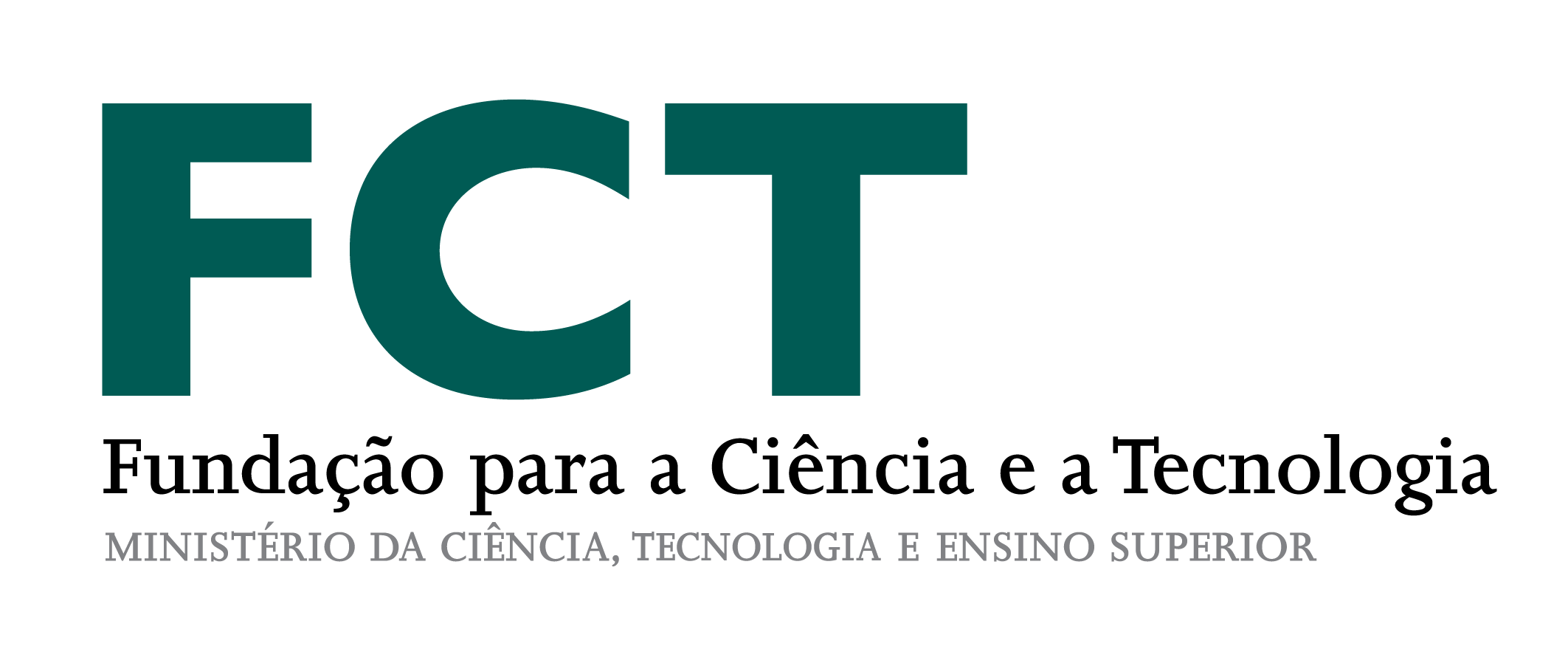Fernando I. Sancho Ordoñez* y R. Lucas Platero**
* Doctorando del Programa de Doctorado Interuniversitario en Estudios de Género: Culturas, Sociedades y Políticas de la Universidad de Girona, Departamento de Psicología, Instituto de Investigación sobre Calidad de Vida, España/Becario de la Secretaría Nacional de Educación, Ciencia Tecnología e Innovación de Ecuador Senescyt.
** Investigador Juan de la Cierva, Departamento de Psicología de la Universidad Autónoma de Barcelona, Espanha/Investigador del Proyecto i+d VOSATEC, MINECO (2016-18), ref. FFI-2015-65947-C2-1-P; y del Proyecto Europeo Cruisingthe 1970s CRUSEV’ (2016-19), European Science Foundation, ref. CRP 5087-00242ª
Possible memories for the Ecuador trans* movement
In the last twenty years, Ecuador has experimented a number of transformations in social rights that include trans* people. In 1997, homosexuality was no longer considered a crime. From then on, those who were once considered criminals and disturbed individuals became citizens and subjects of rights. Travestites, transgender and transsexual movements have evolved into political subjects that have resisted the cruelest repressions in order to achieve a more livable life (Butler 2017). Using a qualitative methodology grounded in interviews with activists, press articles, biographical documents and LGBTI+ activist shared experiences, we present an exercise of trans* memory construction.
Keywords
activism, state, memory, trans*, Ecuador
Memórias possíveis para o movimento trans* no Equador
Nos últimos vinte anos, o Equador passou por uma série de transformações em matéria de direitos sociais que incluiu as pessoas trans*. Em 1997, a homossexualidade deixou de ser um crime e, a partir daquele momento, aqueles que eram considerados delinquentes e doentes tornaram-se cidadãos e sujeitos de direitos. O movimento travesti, transgénero e transexual tornou-se um sujeito político que resistiu às mais cruéis repressões para alcançar uma vida mais vivível (Butler 2017). Através de uma metodologia qualitativa que inclui entrevistas com ativistas, recolha de imprensa, documentos bibliográficos e experiências compartilhadas do ativismo LGBTI+, propomos um exercício de construção da memória trans*.
Palavras-chave
ativismo, Estado, memória, trans *, Equador
En los últimos veinte años, Ecuador ha experimentado una serie de transformaciones en materia de derechos sociales que incluye a las personas trans*. En 1997, la homosexualidad dejó de ser un delito y a partir de ese momento quienes fueron consideradas personas delincuentes y enfermas pasaron a convertirse en ciudadanas y sujetos de derechos. El movimiento travesti, transgénero y transexual ha devenido en un sujeto político que ha resistido las más crueles represiones para alcanzar una vida más vivible (Butler 2017). Mediante una metodología cualitativa que incluye entrevistas a activistas, relatos de prensa, documentos bibliográficos y experiencias compartidas del activismo LGBTI+, proponemos un ejercicio de construcción de memoria trans*.
Palabras-clave
activismo, Estado, memoria, trans*, Ecuador
DOI: https://doi.org/10.22355/exaequo.2018.38.04

Direitos de autor: Creative Commons – CC BY NC
 Direitos de autor: Creative Commons – CC BY NC
Direitos de autor: Creative Commons – CC BY NC











